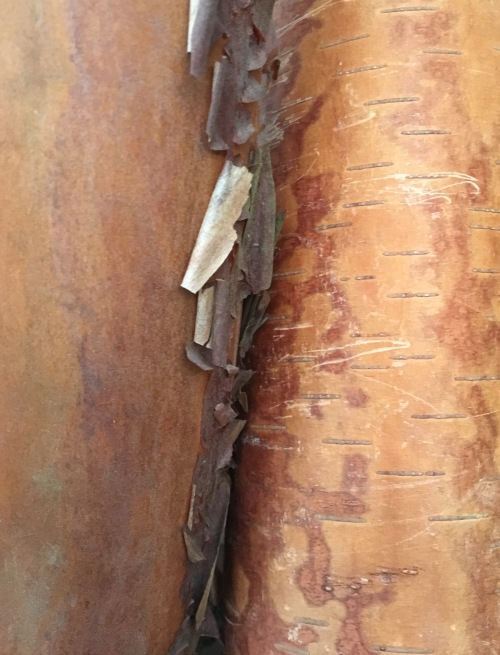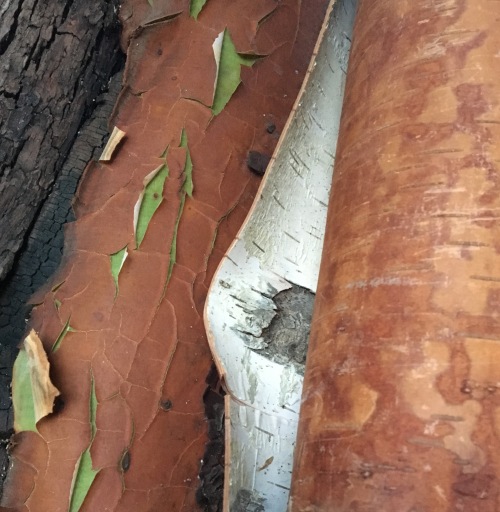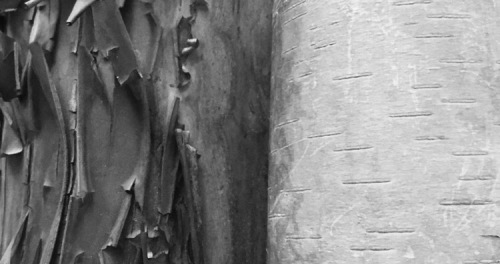friend-making in Coast Salish territory: a visual story of arbutus and wiigwaas

high resonance
*

friend-making
*

relational essence
*

relational essence, nuance I
*

relational essence, nuance II
*

relational essence, nuance III

high resonance
*

friend-making
*

relational essence
*

relational essence, nuance I
*

relational essence, nuance II
*

relational essence, nuance III
I thought this was going to be a summer of no blog entries as May seemed to suck me dry with writing. I tried to write something beautiful for odemin giizis but it seemed forced so I just let that moon cycle breath on her own with no words from me; I learned silence can be most beautiful. I considered that July would go by too, and August, as I’m busy with other responsibilities that must be met. I thought I would write Part II Love Letter to Man of Colour but decided to wait for the right temperature. Then, I read an article online. And now, I’m here, writing this, because my heart tells me that this is the way to self-persevere. And because it tells me that I’m not the first to have these experiences and I won’t be the last. It tells me that maybe writing about it generally, will be an act of safety, accountability, and or buoy-making for someone else. And, I refuse to allow others to construct me in negative ways. It’s killing me.
*
Note I
In the title I use “womxn”. This word is meant to reflect diversity amongst womxn and in particular speaks against transphobia and racism. (Be sure to click on the hyperlink, “sanpaguitagirl” in the article or google for other sources. The writing with and popular use of womxn is gaining some traction including in Indigenous circles, where I first learned of it.)
*
Note II
In the following post I speak very generally having decided that naming names and posting links is not relevant to the discussion at the moment. These kinds of dynamics happen in various forms in other settings. Should the slander continue–or by-proxy’s be complicit in it–I will make a post sharing my argument that I am experiencing ambient violence and I will back this up with evidence. I want it to stop.
*
So—
I recently had a curious social media exchange with an Indigenous writer. To make the dibaadjimowin (story) go smoother, her name will be MW. The exchange was in response to my questioning of an obvious absence/erasure/omission of a prominent text that was relative to a popularized concept which she framed her article around. In particular, I wanted to know if this writer could elaborate on this absence/erasure/omission/exclusion. (Note: I move between erasure/absence/omission in order to create open space and possibility in describing the action).
Given we’ve known each other for about a decade, I reached out informally in the social media context to invite MW to elaborate on their thinking. She did. It was great. Her response generated more considerations and thinking on the subject which to me is always a very important and awesome outcome of exchange. I noted that my question was being negatively constructed in passive ways but didn’t attend to it in that context. I was more interested in the subject at hand and respecting what she shared on the thread than teasing apart what was said bit by bit.[1]
I actually think that the subject area of Indigenous presence and presence-ing (and its opposites) in the public is one that requires more engagement, particularly since Idle No More has created a new context where there is more opportunity for presence.
Anyhow, I thought the exchange was done however another person contributed to the dialogue a day later—also very gracious in sharing her gratitude as the exchange got her thinking about citation processes in her own work and acknowledging those who contribute to her ability to do what she does. I responded heartily as this is a subject area I’ve been considering for years in respect to media and popular culture, specifically, and power, generally.
Despite not carrying the conversation further the previous day, MW literally pounced on my response to my friend and did so in awful ways: by calling in—and relying upon—a conversation they had with another Indigenous writer whose text was the one I thought was being erase/omitted/made absent. I’ll call this writer, AK. Their response was essentially stating that based on what they heard from AK, my question was guided by another agenda and therefore untoward. They stated this in various ways. Essentially, their response to me—which was disparaging—was based on what AK said to them about me.
I was shocked by their comments.
My ability to suspend my personal feelings and my assessment of a situation in lieu of other possibilities has limits. There comes a time when a person has to set boundaries. Especially when being attacked. Given MW was egregiously disrespectful, unkind, and maligning of my character and my engagement in the topic, I responded promptly, clearly, and set boundaries.
Within minutes they removed their post. My response to them remains. There is enough there to interpret the kind of things she said. She has not apologized or explained her behaviour.
I experienced this response as violent and because of the second party, AK, brought into it, I experienced it as bullying. I experienced it as juvenile and as a form of social aggression. It was defamatory. How else to describe when one person goes to another, gets fed a story and comes and maligns you based on what they heard?
And all over a question about, “Why didn’t you include this text?”
What is this? The high school version of Indigenous literary dialogue?
The whole matter prompts me to ask why my legitimate questions are being so aggressively responded to. And why my ability to ask them is being stymied with suggestions about my integrity in asking them? And, if this is what is happening in public over a pretty basic question, what’s happening in private? Given MW’s response let all of us reading the thread know that something is happening in private, the question is to what degree and why?[2]
And here is where I decided to blog today about this matter. It’s one thing to have a tense exchange with someone in social media, it’s another to learn that there is behind-the-scenes- power operating to disparage you and that people are willing to act on what they hear rather based on their own relationship with you or based on their own decisions. And, it’s a whole other thing when this kind of story-telling is happening in various circles.
In the past three months, I’ve been told by two Indigenous women in completely different situations about slanderous things said about me. In the past year, I’ve had curious exchanges with people who don’t know me but with whom we have people in common. The social trails go in circles. I’ll leave it at that.
Story-tellers. We all have our agendas.
Not all of us are willing to be open about what those agendas are or to have open dialogue about that.
And, I’ve learned that some story-telling as a form of ambient violence is a thing.
So are by-proxy’s.
Let this blog post be a public document of my experience. Let it be evidence of my efforts to do my work, and be who I am in that, and create some measure of safety in doing it.
I won’t be silent or silenced for asking questions about areas of interest in my own work–areas I’ve been involved for a long time–longer than than the folks involved in this present matter. And I won’t stop asking important questions especially when they are linked to broader and deeper philosophical or epistemological processes that shape and impact us as Indigenous peoples. I won’t be made to feel like I’ve done something wrong. Or, that I am deficient somehow for asking a question or having a question. For thinking. For having a thought. For being analytical. For being assertive and clear. For refusing to be taken up in newly forming hierarchies that are reproductions of settler colonial realities. For refusing to witness those reproductions and saying or doing nothing.
I will continue to do the work before me with the tools that I have been given and I will listen to the people around me doing similar work. I expect not to be harassed or maligned in doing so.
[1] That said, because of the impacts of neo-liberalism on shaping discourse—that is silencing certain ideas and uplifting others to advance a particular agenda—and the long history of all women generally being constructed negatively in the public domain—in another post, I did make a general statement about the ways power and privilege operate to allow the who’s, how’s, when’s and where’s of asking questions about erasure, posing this as a question more specifically. Personally, as an Anishinaabe woman who has worked hard for my education and has experienced all kinds of consequences and positive outcomes for speaking truth to power, I refuse to have my intelligent, legitimate, and unthreatening questions be suggestively constructed as negative or diminished just because someone is defensive, lazy, or whatever it is that prompts people to negatively construct womxn.
[2] I sent AK an email in fall 2013 about another matter to which they never responded. In that email, I advised that I didn’t know what it was that I did to them to warrant how they were treating me but that I refused to take responsibility for something that is obviously theirs to figure out.
Addendum (July 11, 2017): This interesting article on mobbing came up on my feed a day or two after writing this blog. Because there is often cross-over between circles of people across contexts, I thought I’d add it here as an addendum so those experiencing it can know that what they are experiencing is an actual thing and here, here’s some language to help you name it and some knowledge to help you negotiate it and you know, so those participating in it can be more easily recognized.